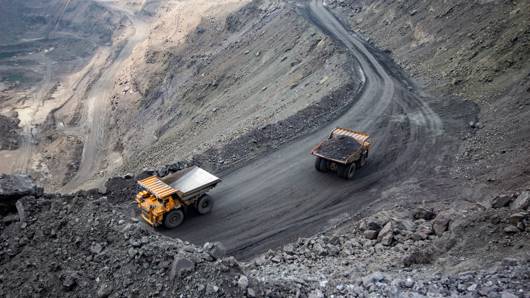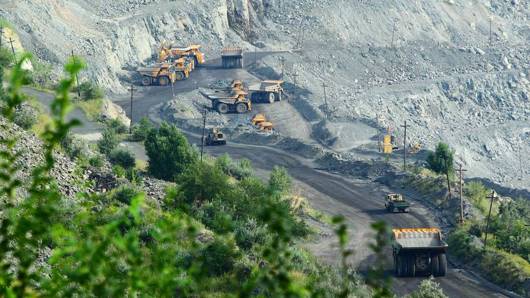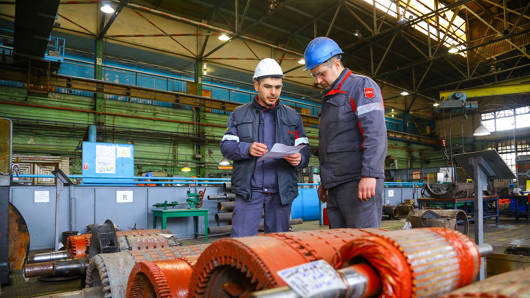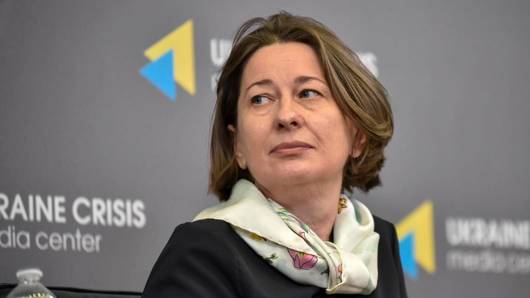At the first “United by Mining” annual international forum in Kyiv, Serhii Skorbun, head of the external projects coordination department in the CEO’s office at Metinvest Group, spoke about the interconnection between the stable functioning of industry and Ukraine’s defence capability, as well as about the problems constraining the sector’s development.
The event gathered representatives of government, business, international organisations and investors to discuss the future of Ukraine’s resource-based economy. Around 30 experts focused on the launch of the Reconstruction Fund, Ukraine’s role in global supply chains, the development of international partnerships in the critical minerals sector, and the synergy between the defence and mining industries to strengthen national security. The forum was organised by the National Association of Mining Industries of Ukraine with the support of the commercial section of the US Embassy in Ukraine.
Serhii Skorbun took part in the “Defence Hub” panel. The discussion also included the heads of the Ukrainian Institute for the Future (UIF), Naftogaz Group and ArcelorMittal Kryvyi Rih.
How Metinvest supports the army and Ukraine
Serhii Skorbun noted that from the beginning of the full-scale war until the first half of this year, Metinvest paid around UAH64 billion in taxes. The amount of additional support provided to Ukraine and its citizens exceeds UAH9 billion, of which nearly UAH5 billion has been allocated to defence needs under Rinat Akhmetov’s Steel Front military initiative. The Group supplies the armed forces of Ukraine with its own steel products – such as plates for body armour, “kryivkas” (protective shelters), mine trawls and more – delivers ammunition and equipment to the front and builds fortifications.
Serhii SKORBUN said: “Sixty percent of Metinvest’s business is in the mining sector, and thanks to its operations we are able to support the armed forces. As those who pay taxes today are sustaining the army, the stronger the business, the stronger Ukraine.”
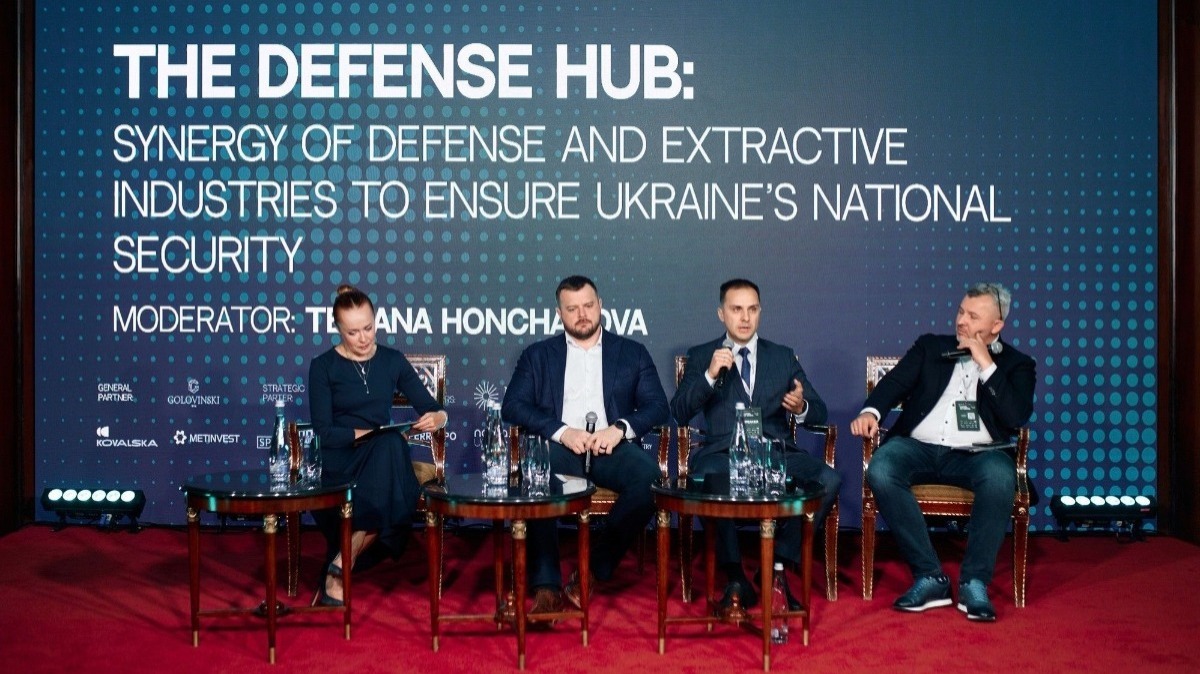
What support industry needs
At the same time, a strong defence is impossible without a powerful economy, and its foundation is industry. The use of natural resources, in which Ukraine is rich, and their transformation into products with high added value will provide the state with financial resilience and the ability to support the army for as long as necessary, Serhii Skorbun believes.
He said: “The mining sector has a powerful effect on the economy: one job creates four more in other industries. Today, the entire economy is working to support defence. As such, Ukraine needs an ecosystem that regards the mining sector as not only a source of resources, but also a foundation for manufacturing, attracting capital and creating globally competitive products.”
In his view, this ecosystem should encompass a predictable and adequate tariff and tax policy. The state, for its part, must engage in trade diplomacy, defending the interests of Ukrainian producers in foreign markets.
In addition, business needs access to affordable resources within the country. Serhii Skorbun added: “We need to think about how to make long-term loans available and reduce interest rates, how to raise Ukraine’s credit ratings so that financing becomes cheaper.”
Another problem is the shortage of qualified personnel. He said: “We are experiencing an acute shortage of staff. The army needs mobilisation, while the economy that sustains it must also function. A balance is needed.”
One main obstacle to economic development remains logistics, where the inefficiency of state monopolies creates additional risks and costs for business.
Serhii Skorbun noted: “Ukrzaliznytsia incurs losses of around UAH20 billion each year from passenger transportation. This is a social function defined by the state. If such a decision has been taken, it must be said openly: the state has commissioned it and the state pays for it. Or we must frankly admit that we cannot afford such a volume of services and set the task of reducing losses through optimisation and greater efficiency. The main thing is not to remain silent about the problems.”






